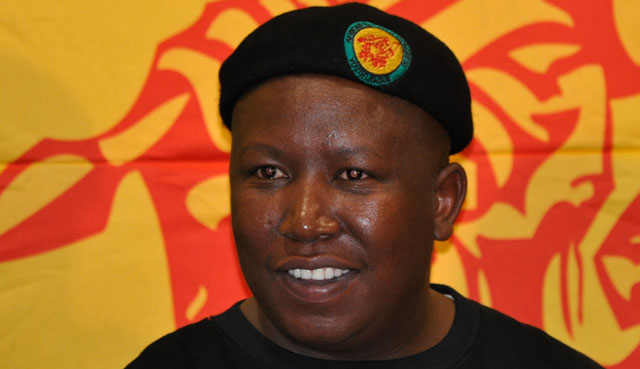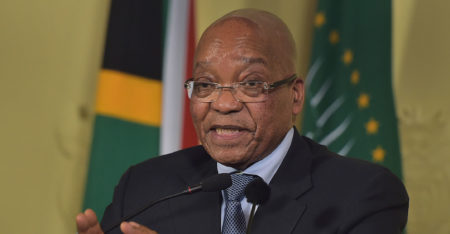
An analysis of social media conversations by the South African company that accurately predicted Donald Trump’s surprise victory in the US election shows a decline in negative sentiment towards President Jacob Zuma for his 2017 state-of-the-nation address, compared to last year’s speech.
However, this is probably due to apathy among South Africans, with most people not expecting Zuma to deliver the goods. This led to less emotion about the speech being shared on social networks.
BrandsEye, which analyses social media trends using specialist tools, said Zuma’s 2017 speech garnered a 9,4% negative response from South Africans, with 90,4% neutral and 0,2% positive.
By way of comparison, the 2016 speech had a 22,9% negative response, with 76,6% of conversations deemed neutral.
Zuma was also mentioned 21,5% less than last year, BrandsEye found.
“There was a surprise decline in the volume of negative conversation,” the company said on Friday.
“What is quite evident from comparing negative conversation between 2016 and 2017 is the fact that last year Zuma was criticised for not speaking about the Nenegate saga or Nkandla. In 2017, people were mostly just critical towards him, in general, saying nothing he says can help him regain his credibility. No one expected to hear anything meaningful and thus, expectations were ‘met’ in this regard.”
BrandsEye said a “general sense of apathy pervaded the conversation, with Zuma lacking the credibility to drive emotion either way”.
The most negative topic of discussion was the fact that he was laughing as he started his speech.
In the run up to this year’s speech, there was a heavy media focus on the 441 soldiers to be deployed. This only made up 4% of the conversation (12 109 mentions), BrandsEye said.
While the deployment of 441 troops was an issue for which Zuma was highly criticised — it was a prominent theme ahead of the address — many of the topics in the days and hours leading up to the event were frivolous, with a humorous focus on speech predictions and the appearance of MPs on the red carpet.
There was also a focus on what exactly the Economic Freedom Fighters would do and the expectation that they would disrupt the speech. Also, there was some conversation around protests allegedly instigated by the EFF ahead of the address.
One of the most talked about topics on the night was Julius Malema’s “roasting” of Baleka Mbete.
The EFF leader said parliament’s speaker had been used and dumped by Zuma. He also criticised her for collapsing parliament into a department of Zuma’s government. There were 2 092 mentions about this and people were generally supportive of Malema’s views, according to BrandsEye.

During the proceedings, the EFF used the word “tsotsi” to describe the president, which led to South Africans calling Zuma a tsotsi on social media. The ANC responded to this chant with “ANC”.
The behaviour of the EFF during the address was also prominent topic of discussion.
There was a split about whether EFF MPs’ behaviour was positive or negative, with some South Africans supporting their mission to disrupt the address and emphasise the general feeling that Zuma is a lemenemene — or a cheat — and not worthy of the office of president.
Many supported the sentiment that Zuma is a criminal and therefore is not legally allowed to hold office and should not be allowed to address parliament.
There was also a high volume of comments related to the forcible removal of the EFF, with many feeling that this was unlawful and should not have been allowed to happen. South Africans on social media felt that after the EFF was removed, the address became boring and not worth watching.
There was some reaction on social media to the Democratic Alliance’s call for a moment of silence for the Esidimeni 94 patients, who died in a Gauteng government health facility. Mbete’s decision to deny the DA’s motion proved highly unpopular on social media.
Mbete was also a topic of conversation with many feeling that her conduct was not suitable and that she did not do enough to keep the house in order. — © 2017 NewsCentral Media




